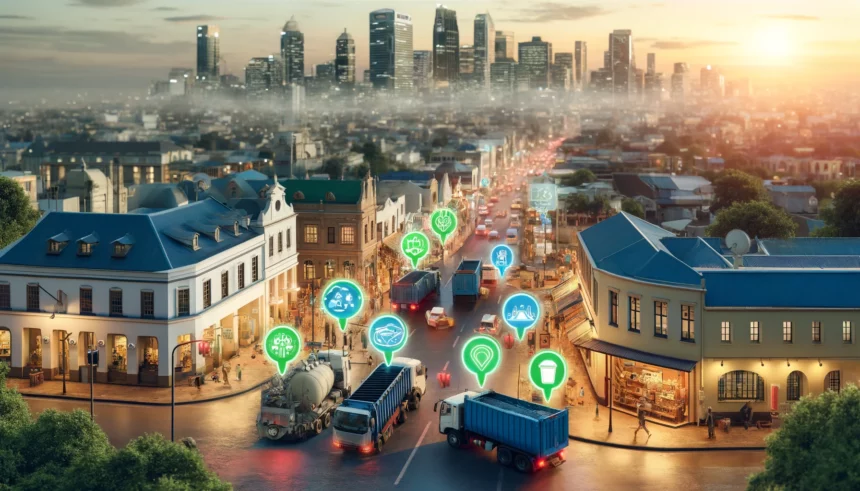While South Africa’s dream of building smart cities is commendable, the pace of progress is slow, and the goals often feel vague and unreachable. Amidst these ambitious plans, many immediate service delivery issues persist across the country, problems that could potentially be solved quickly with the use of Internet of Things (IoT) technology.
The Challenge with Smart Cities
The concept of smart cities is vast and somewhat undefined. For instance, what exactly qualifies as a smart city? Is it about the size of the city, the extent of technology usage, or specific technologies that are employed? A 2021 Smart Cities Framework by the Department of Cooperative Governance highlighted the lack of a clear, common understanding, making it hard to pinpoint and implement necessary actions.
Recently, a report to the Portfolio Committee on Public Works and Infrastructure suggested building entirely new ‘smart cities’ rather than focusing on upgrading existing cities and infrastructures. This approach, however, overlooks a significant opportunity to enhance current cities using smart technologies.
The Real Cost of New Smart Cities
Building new smart cities from scratch is not only expensive but also time-consuming. It’s akin to buying a new car simply because the old one needs an oil change. Why wait decades for improved services when existing problems in current cities can be addressed now?
The Immediate Benefits of IoT
IoT technology offers practical solutions to many of South Africa’s pressing service delivery problems. It can lead to immediate improvements in areas such as transportation, housing, healthcare, water, sanitation, and electricity. IoT also has smaller-scale applications like weather monitoring and early warning systems.
Practical Examples of IoT at Work
- Utilities: IoT can predict equipment failures before they happen, allowing for timely maintenance and reducing service interruptions. IoT systems also help create detailed records for audit trails, decreasing the likelihood of fraud.
- Compliance and Safety: In industries like mining, IoT helps monitor air quality and track personnel to ensure safety standards are met.
- Water Treatment: IoT sensors check water quality, pressure, and temperature, helping to maintain compliance with health standards and improve the efficiency of water treatment and supply.
- Energy Management: IoT helps track energy consumption, which can lower costs for businesses and households. It also detects illegal power connections and can automatically manage street lighting based on traffic activity.
- Waste Management: In a proof of concept, we demonstrated how IoT could optimize waste collection. By installing level sensors in bins, waste collection trucks only need to service bins that are full, saving time and resources.
A Call for More Collaboration
IoT is a practical tool that can address many immediate issues in service delivery. It offers a viable solution that government and public safety entities should prioritize. There is a need for more dialogue between public sector leaders and private sector IoT experts to fully leverage the technology for public benefit. IoT is not just a futuristic concept; it’s a readily available tool that can significantly improve the quality of life and operational efficiency today.
















